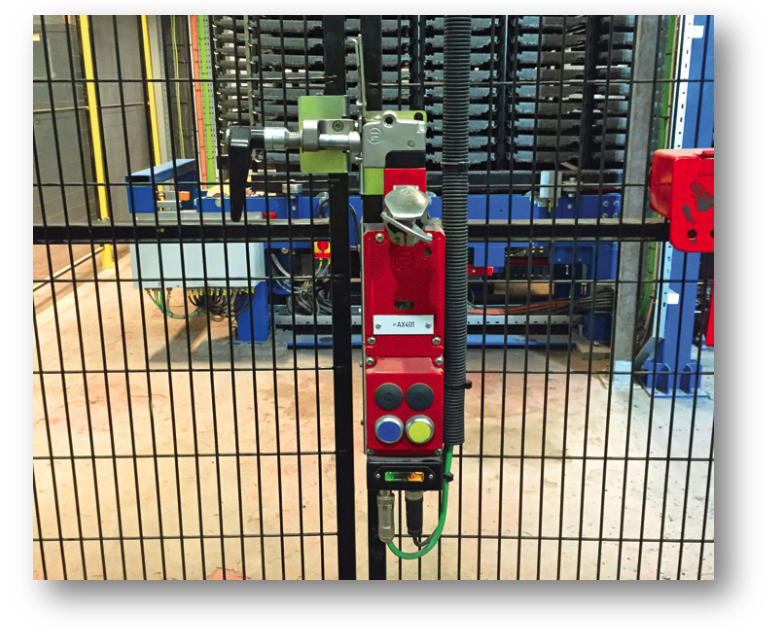 Machine Safety Specialists is experienced in determining if you comply with OSHA’s “Minor servicing exception” for hazardous energy (Lockout/Tagout) controls. If you are not in compliance, our certified safety engineers can evaluate your machine and work procedures, and provide you with specific, detailed guidance on how to comply.
Machine Safety Specialists is experienced in determining if you comply with OSHA’s “Minor servicing exception” for hazardous energy (Lockout/Tagout) controls. If you are not in compliance, our certified safety engineers can evaluate your machine and work procedures, and provide you with specific, detailed guidance on how to comply.
Here is an excerpt from the OSHA regulation 1910.147 Subpart J – The control of hazardous energy (Lockout/Tagout)
1910.147(a)(2)(ii)(B)
An employee is required to place any part of his or her body into an area on a machine or piece of equipment where work is actually performed upon the material being processed (point of operation) or where an associated danger zone exists during a machine operating cycle.
Note: Exception to paragraph (a)(2)(ii): Minor tool changes and adjustments, and other minor servicing activities, which take place during normal production operations, are not covered by this standard if they are routine, repetitive, and integral to the use of the equipment for production, provided that the work is performed using alternative measures which provide effective protection (See Subpart O of this Part).
We are experts in evaluating your machinery to determine if you comply with “alternative measures which provide effective protection” as found in OSHA 1910.147 section 1910.147(a)(2)(ii)(B). Contact us to schedule a Machine Safety Audit. We can supply a detailed Machine Safety Report with specific recommendations to improve the safety of your machine, including specific recommendations on complying with OSHA’s “minor servicing exception”.
A critical aspect of machine safeguarding includes correct implementation of control reliability,  and functional safety (“interlocks”, safety devices, etc.). In the United States, this is critical in fulfilling OSHA’s “Minor Servicing Exception” for Lockout/Tagout. Control reliability is a required by practically all modern U.S. machine safety standards. In addition, functional safety is required by nearly all International (“ISO”) standards. When completing a machine risk assessment, control reliability and functional safety must be carefully reviewed. Typically, each risk reduction method listed in a risk assessment will include consideration of control reliability and functional safety systems.
and functional safety (“interlocks”, safety devices, etc.). In the United States, this is critical in fulfilling OSHA’s “Minor Servicing Exception” for Lockout/Tagout. Control reliability is a required by practically all modern U.S. machine safety standards. In addition, functional safety is required by nearly all International (“ISO”) standards. When completing a machine risk assessment, control reliability and functional safety must be carefully reviewed. Typically, each risk reduction method listed in a risk assessment will include consideration of control reliability and functional safety systems.
Our certified safety engineers and training instructors are experts in control reliability, functional safety systems, Machine Safeguarding and Risk Assessments. Contact Machine Safety Specialists to discuss control reliability or Machine Risk Assessments. We can help you start or improve your machine risk assessment program, and help you successfully navigate these critical regulatory requirements for machine safety.